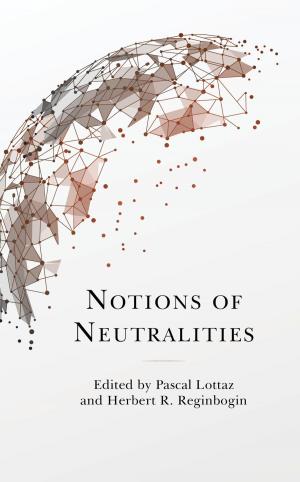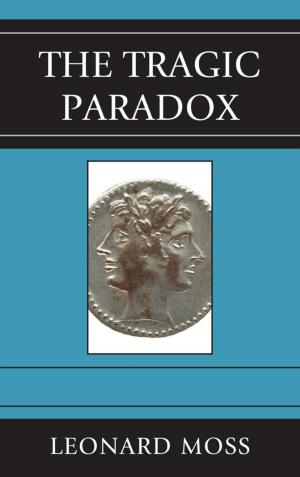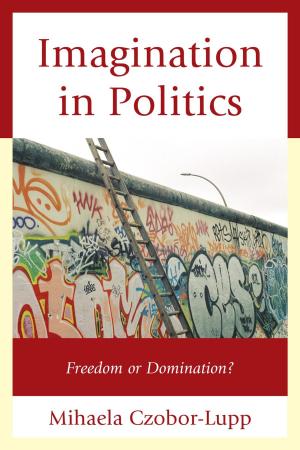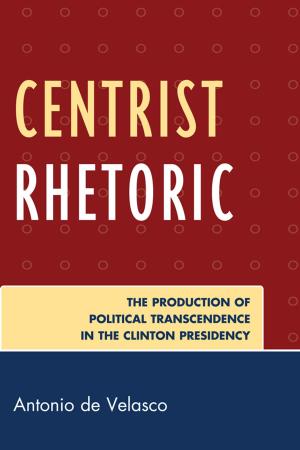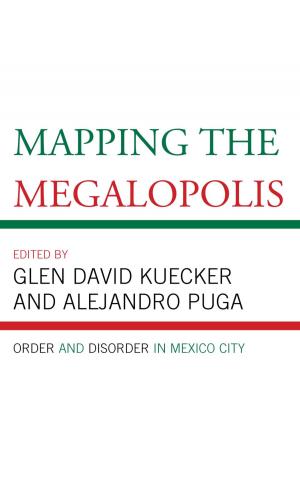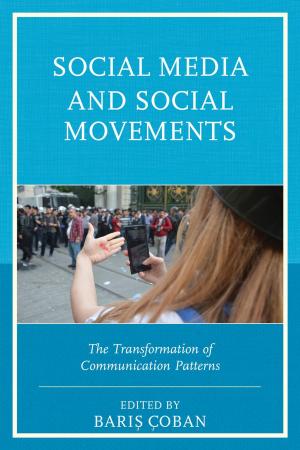Just Revolution
A Christian Ethic of Political Resistance and Social Transformation
Nonfiction, Religion & Spirituality, Theology, Christianity, Christian Life| Author: | Anna Floerke Scheid | ISBN: | 9780739190951 |
| Publisher: | Lexington Books | Publication: | June 17, 2015 |
| Imprint: | Lexington Books | Language: | English |
| Author: | Anna Floerke Scheid |
| ISBN: | 9780739190951 |
| Publisher: | Lexington Books |
| Publication: | June 17, 2015 |
| Imprint: | Lexington Books |
| Language: | English |
Despite the U.S Catholic Bishops’ 1983 declaration that “insufficient analytical attention has been given to the moral issues of revolutionary warfare,” theological scholarship has been slow to engage in systematic analysis of what makes a revolution ethical or unethical. Just Revolution: A Christian Ethic of Political Resistance and Social Transformation aims to address this lacuna. What principles and practices ought to guide people who want to free themselves from dictatorial or oppressive governments?
With this question in mind, this book focuses on oppressed peoples as agents of their own processes of social transformation. The model of just revolution proposed endeavors to limit violence to do the least possible harm while overcoming political oppression, working toward a justice, and promoting long-term efforts at peacebuilding and sociopolitical reconciliation.
Using the South African struggle against apartheid as a case study, Just Revolution posits an ethic for revolutionary activity that begins with nonviolent just peacemaking practices, allows for limited and restrained armed resistance in accordance with revised just war criteria, and promotes post-revolutionary transitional justice and social reconciliation. Together the practices and criteria that emerge from this study yield a rich and theologically grounded ethic of just revolution.
Despite the U.S Catholic Bishops’ 1983 declaration that “insufficient analytical attention has been given to the moral issues of revolutionary warfare,” theological scholarship has been slow to engage in systematic analysis of what makes a revolution ethical or unethical. Just Revolution: A Christian Ethic of Political Resistance and Social Transformation aims to address this lacuna. What principles and practices ought to guide people who want to free themselves from dictatorial or oppressive governments?
With this question in mind, this book focuses on oppressed peoples as agents of their own processes of social transformation. The model of just revolution proposed endeavors to limit violence to do the least possible harm while overcoming political oppression, working toward a justice, and promoting long-term efforts at peacebuilding and sociopolitical reconciliation.
Using the South African struggle against apartheid as a case study, Just Revolution posits an ethic for revolutionary activity that begins with nonviolent just peacemaking practices, allows for limited and restrained armed resistance in accordance with revised just war criteria, and promotes post-revolutionary transitional justice and social reconciliation. Together the practices and criteria that emerge from this study yield a rich and theologically grounded ethic of just revolution.

